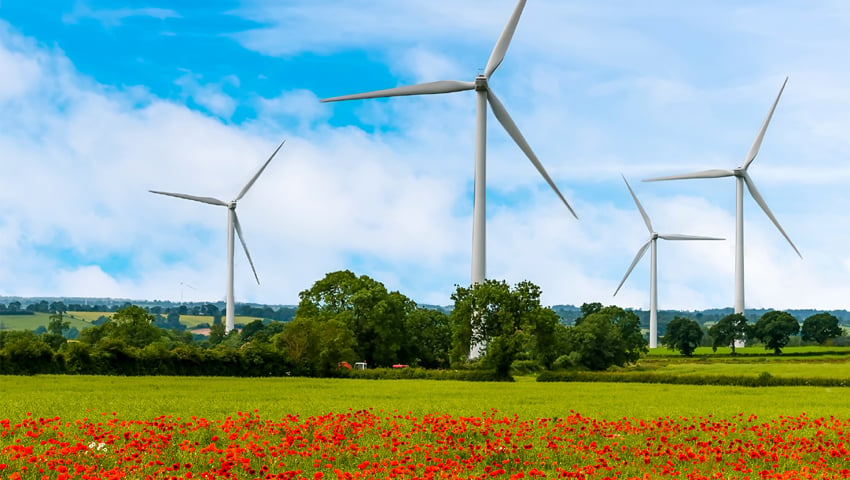In her first address as Chancellor at the Treasury this morning, Rachel Reeves set out her vision for growth, which included a programme of housebuilding as part of a wider commitment to usher through new infrastructure projects.
Reacting to the news, Mike Childs, head of science, policy and research at Friends of the Earth, said, “Along with the many other interlinked crises Britain is facing, including the climate emergency, the housing crisis is close to breaking point and deserves to be one of the top priorities of the new government.
“Millions more homes are needed, most of which should be social housing or genuinely affordable, but boosting housing numbers needn’t be in opposition to protecting the environment. New homes can and should be designed so they’re energy and water efficient, fitted with solar panels and heat pumps, resilient to future climate extremes, and located within close range of amenities and quality green space.
“In terms of the green belt, much of what borders many towns and cities isn’t exactly a haven for wildlife thanks to intensive farming – but it does serve a vital purpose of preventing urban sprawl. Building on it should be a last resort and any nature-depleted greenbelt land must be restored and made accessible to communities no matter its use.
“But with the majority of homes we’ll need as the planet warms already built, Labour must ensure it approaches upgrading our existing housing stock with the same vigour as its building programme. Rolling out a national programme of insulation would help to cut bills, keep people warmer in winter, and drastically reduce the amount of carbon unleashed into the atmosphere.”
The new Chancellor also promised to lift the onshore wind ban in England.
Mr Childs said, “By ending the onshore wind ban in England, Labour is making an important stride towards delivering on our climate goals, while also paving the way for lower bills, as renewables produce some of the cheapest and cleanest energy available.
“In April, research by Friends of the Earth found that utilising less than 3% of land in England for onshore wind and solar could produce 13 times more clean energy that currently generated – enough to power all households in England twice over. By harnessing the country’s vast renewable power potential, the new government is staking its claim as a global leader in the green energy transition.”
Sam Richards, the chief executive of the pro-growth campaign group Britain Remade, said, “The only way we are going to see the growth Britain desperately needs is if we make it significantly easier to build the homes and the new sources of clean energy needed to reach net zero.
“Lifting the ban on new onshore windfarms in England is something Britain Remade has been campaigning for since we launched, so I am delighted Rachel Reeves has dropped the ban so soon after the election.”
Dr Doug Parr, the Greenpeace chief scientist, said, “As the recent gas price crisis shows, this ban was self-defeating for energy security, costly, and lost opportunities to cut emissions. The end of the ban is well overdue.”
